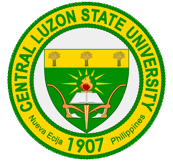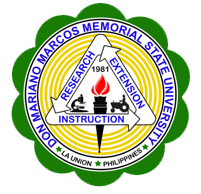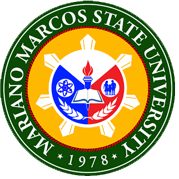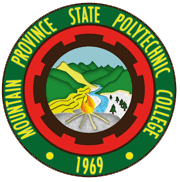CONSORTIUM
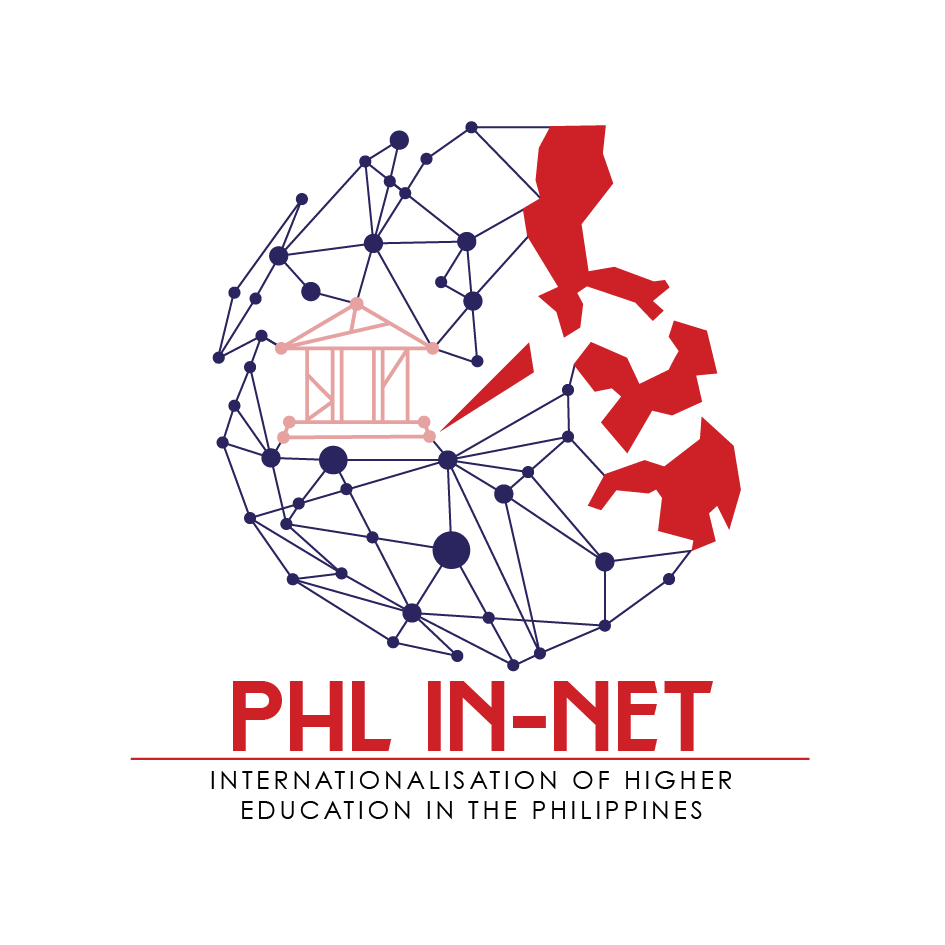
PHL IN-NET
In-Net is the Internationalization Network of the ANTENA Project (EU-funded Erasmus+ Project “Internationalization of Higher Education with the Philippine Network”), created in cooperation with ten universities from the Philippines, the Commission for Higher Education (CHED), two European universities, and an international association of universities and business schools. The aim of the project is to support HEIs in the Philippines strengthen their capacities to develop, implement and sustain their internationalization initiatives.
The founding members of In-Net are; Ateneo de Manila University, Benguet State University, Central Luzon State University, De La Salle University, Mindanao State University-Iligan Institute of Technology, Polytechnic University of the Philippines, Saint Louis University, University of the Philippines, University of San Carlos, Xavier University-Ateneo de Cagayan and the Commission on Higher Education.
The overarching purpose of In-Net is to organize and strengthen all internationalization efforts of Philippine universities through various strategies and projects. More specifically, it seeks to develop and consolidate best practices in teaching, research and social engagement.
In-Net’s management and financial resources are supported by its member-IROs and by the Commission on Higher Education (CHED). The headquarters of the organization is housed in the International Affairs Staff Office at CHED.
Any IRO of a legally constituted university in the Philippines may submit a request to the Network’s Steering Committee to become a member.

Magic 7+ PhilCanEDUCON
The Philippine – Canada Education Consortium (Magic 7+) is a composition of 7 Philippine State Universities ( Benguet State University, Central Luzon State University, Don Mariano Marcos State University, Mariano Marcos University, Mountain Province State Polytechnic College, and University of Southeastern Philippines) and 3 Canadian Higher Education Institutions (Dalhousie University, Prince Edward University and the University of Saskatchewan).The consortium aims to collaborate on the fields of agriculture, food security, climate change, and indigenous education.

